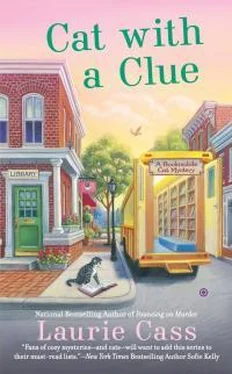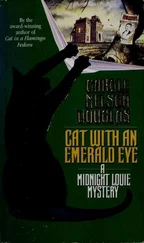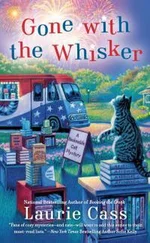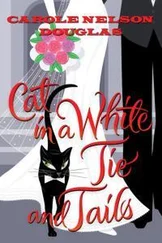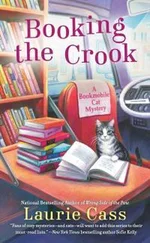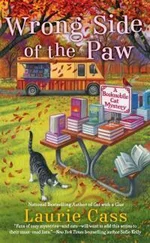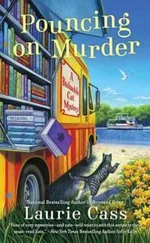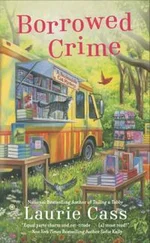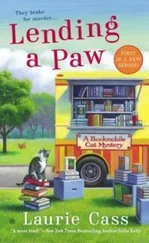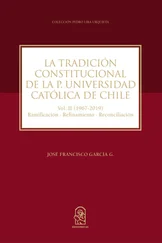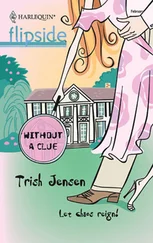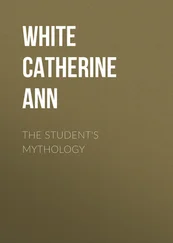“It’s Eva and Forrest’s turn this morning,” she said.
My night of half sleep and bad dreams had made my brain sluggish, and it took a moment for me to recall the details on Eva and Forrest. Teachers, I finally remembered, although I couldn’t think where or what they taught. In their mid-forties, divorced. Both did a lot of mountain biking. “What’s on the menu?”
“Straight up traditional breakfast,” Aunt Frances said. “But with the twist of freshly made English muffins and clotted cream.” She smiled at me over the top of her coffee. “Perked up at that, I see. You sure you don’t want a plate?”
I glanced at the wall clock. “No time. Maybe next Saturday.”
“How are things at the library?” she asked. “You’ve had a hard week.”
Via phone calls and texts, I’d kept my aunt apprised of the multitude of events. As always, her deepest concern had been for me, and, as always, I’d begged her not to tell my mother about any of it. But though I could have burst forth with a long litany of concerns and questions, I really didn’t feel like talking. “We’re muddling through,” I said. “How about you?”
Her eyebrows went up. “You think I had a hard week?”
“Busy, anyway,” I said. “With the boarders and all.”
“True,” she agreed, her gaze flicking toward the living room. I had a feeling, however, that she was looking through the walls, across the street and into the house where Otto lived.
“How is Otto these days?” I asked.
She gave the vaguest of shrugs. “He’s busy; I’m busy. We haven’t seen much of each other the past few weeks.”
Which was unusual, because they’d been hand in hand since December. I could hardly think of a time in the past six months when I’d seen one of them without the other. “You miss him, don’t you?” I asked.
“Silly old me,” she said with a wry smile. “Live without a man for decades, and now I hate to have a day go by without seeing this particular one.”
We sat there a moment in companionable silence, thinking about things and not thinking about things. Then I got to my feet. “Time for me to go,” I said. “Eddie’s in the car, waiting, and you know how he gets.”
“Sleepy,” Aunt Frances said. “And if there’s any sunshine on him, he’s probably snoring.”
I laughed. Last winter, my aunt and Eddie had become fast friends. She knew his quirks almost as well as I did.
We reached the front door and went through to the porch. Outside, the sun was shining, the birds were singing, and the road was beckoning.
“Minnie?” my aunt asked. “Are you okay?” Her voice was low and full of concern.
“I’m fine.” I put on a smile. “It’s been a long week—that’s all. I just wanted to stop by and . . . and make sure you’re still here.”
She made a rude noise in the back of her throat. “I’m not going anywhere. It’s too hot in the South, too dry out west, and too humid most other places.” She gave me one last look. “Are you sure there’s nothing I can do?”
I thought, then said, “Well, there’s one thing. Can I . . . can I . . . ?” My voice faltered.
“Can you what?” Aunt Frances asked gently.
I swallowed. “What I’d really like is a big hug.”
“Silly girl.” My aunt reached out and pulled me into her warm embrace. “You silly girl,” she said again, kissing the top of my head.
I did feel a little silly, like a kid again, going to my aunt and expecting that a hug would make me feel better, that some aunt comfort would fix everything.
Silly, yes, but the funny thing was, after a bit, I did feel better.
* * *
“What do you think is going on?” Julia asked, reworking her long hair. We’d just parked at the third stop of the day, in a church parking lot out in the southeast part of the county, and most of the conversation heard on the bookmobile that morning had been shocked questions and theories about the murder and the break-ins.
I watched Julia with a twitch of envy. Her smooth hair smoothly obeyed her long and limber fingers, going easily from a simple ponytail to a tidy bun. If I’d tried to do that with my curly hair, all I’d get was a red face and an unruly mess.
“Mrr,” Eddie said. He stalked down the aisle and set his furry self onto the carpeted step near the nonfiction section.
“Nicely done,” I told him. “You do realize you’re right underneath the books on how to train your dog.”
“Mrr!”
“That’s what I think, too.” Eddie had been even more Eddie-like than usual that morning. He’d insisted on being cuddled by a nice elderly lady wearing a floppy gardening hat, and had literally rolled around on the work boots worn by the foreman of a landscaping crew. Luckily, the guy had found this amusing, but I’d hauled my protesting cat away.
“Chill, already, will you?” I’d whispered. “I know you like footwear and all, but this is the first time this guy has visited us. And that was only because his crew was on break at the house across the street. What are you trying to do, embarrass me?”
Eddie had twisted away and hadn’t replied, which I took as corroboration. If raising children was remotely like having a cat, I wasn’t sure I was ever going to be ready.
Julia patted the back of her head, found two stray hairs, and tucked them in expertly. “Do you have any theories? Because a murder in the library, vandalism of the Friends’ sale room, and a break-in at the bookmobile garage seem far more than coincidence.”
It did to me, too, but I didn’t see how the three events tied together.
“I have an idea,” Julia said.
She’d had lots of ideas already, all of them outlandish, melodramatic, and completely unrealistic. My favorite had been tightly localized earthquakes, though her theory of a malevolent library ghost had come a close second. “What is it this time? Does it involve time travel? Because I’ve always wanted to believe it was possible.”
“It’s one of the library director candidates.”
I opened the back door, letting fresh air waft through the bookmobile. Though Eddie blinked at the change, he didn’t seem inclined to move. “Don’t you start, too,” I said.
“About your application?” she asked. “That is your business and your decision.”
I was about to thank her when she added, “You would make an excellent director and the library needs you, but don’t let my opinion sway you.”
“Of course not,” I said sardonically. “But please tell me how one of the director candidates could be involved with murder and break-ins.”
Julia put her hands behind her back and walked up and down the aisle. Playing the part of an attorney, no doubt, and I wondered in how many productions she’d acted as one.
“Motive is everything.” Her voice was calm and measured, and I steeled myself to disbelieve every word she said. If she tried, Julia would be able to convince a classically trained musician to purchase weekend passes to a rap festival.
“Okay.” I wasn’t sure I agreed one hundred percent, but playing along wasn’t going to hurt anything.
“Let’s say that getting this job means everything to one of the candidates,” she posited. “Let’s say that she—or he—has made commitments and promises and is now in a situation that demands she—or he—become the library director.”
“I don’t see it,” I said. “What could possibly make that true?”
“Use your imagination, young lady! There could be a hundred good reasons.”
I couldn’t think of even one, but Julia had already waved off my objection and was moving on.
“An excellent way to get hired,” she said, “is to demonstrate your value to an organization. All this candidate has to do is ride to the rescue by finding a scapegoat for the murder and the break-ins. Do that, and he’s in like Flynn.”
Читать дальше
